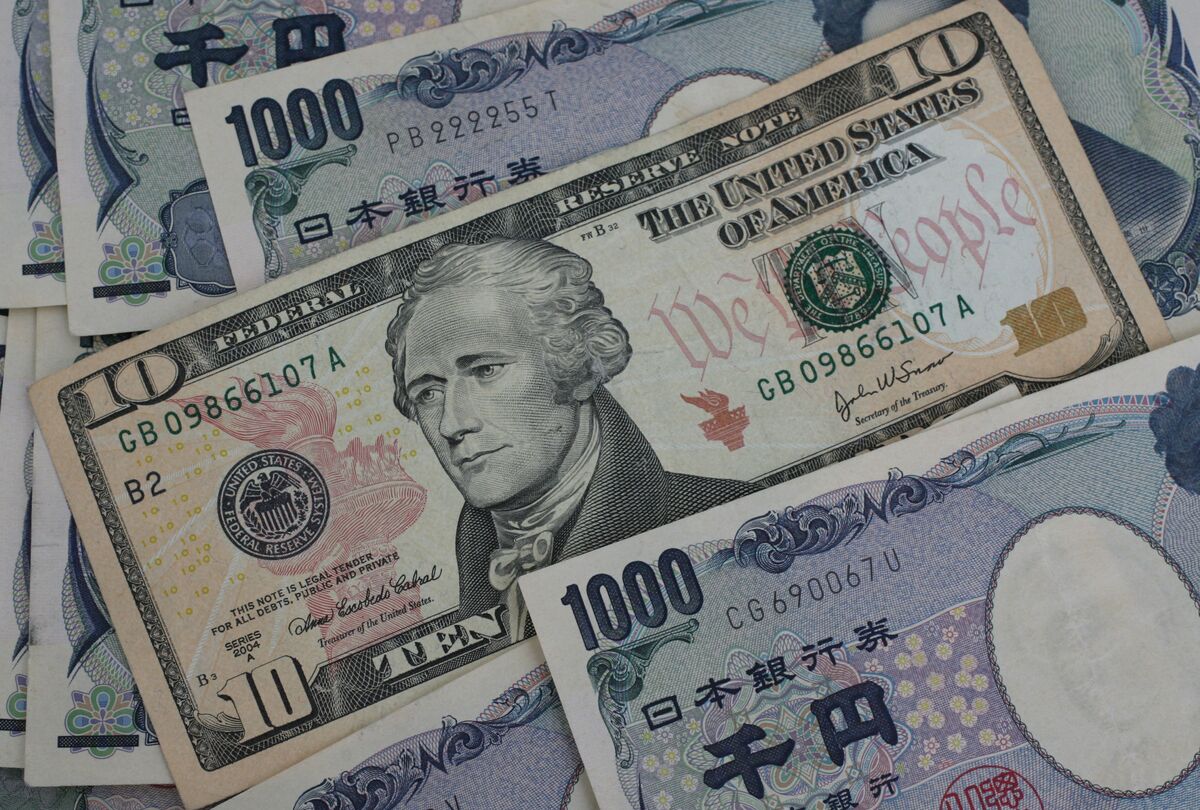






In a recent analysis by Ved Shinde published on The Interpreter, the author discusses the modern resurgence of mercantilist policies in the United States, drawing parallels to historical figures like Alexander Hamilton. Shinde argues that the economic landscape has shifted back towards mercantilism, particularly influenced by former President Trump's tariffs aimed at protecting American industries. Hamilton, the first US Treasury Secretary, was a strong advocate for tariffs and subsidies, inspired by European mercantilist thinkers such as Jean-Baptiste Colbert and Robert Walpole. This historical context is crucial in understanding the current economic policies that echo Hamiltonian principles.
The article highlights the longstanding debate between Hamiltonians, who support protectionist measures, and Jeffersonians, who advocate for free trade. This ideological clash has shaped American politics for centuries, influencing significant events such as the American Civil War, which was driven by the economic interests of the industrial northeast versus the agrarian south. Abraham Lincoln's continuation of Hamilton's protectionist policies further solidified this economic framework, contributing to the US's rise as an industrial superpower from the mid-19th century through the World Wars.
Shinde notes that Trump's policies resonate with Hamiltonian themes, emphasizing the importance of tariffs and subsidies to bolster domestic manufacturing. The current administration under President Biden has also embraced similar strategies, as evidenced by the Inflation Reduction Act and the Chips and Science Act, which aim to enhance American manufacturing capabilities. This shift reflects a broader trend of economic nationalism, rooted in a historical context that underscores the significance of government intervention in fostering domestic industries.
The analysis also touches on the cultural and political implications of these economic policies, suggesting that Trump's worldview was shaped by a resentment towards the outsourcing of manufacturing jobs that began in the 1980s. This sentiment is embodied by figures like Elon Musk, who symbolizes the intersection of politics and business in contemporary America. As the debate over economic policy continues, the historical lessons from Hamilton's era remain relevant in shaping the future of US industrial policy and economic nationalism.
Overall, Shinde's article provides a comprehensive overview of the return of mercantilist ideas in the US, linking past and present economic strategies and their implications for American industry and global trade.
[fe5883fe] [be76d5e0] [34ca5cc1] [d01cf8da] [d2edb25b] [cf191cf0] [c59fe0b8] [a2b5311a]